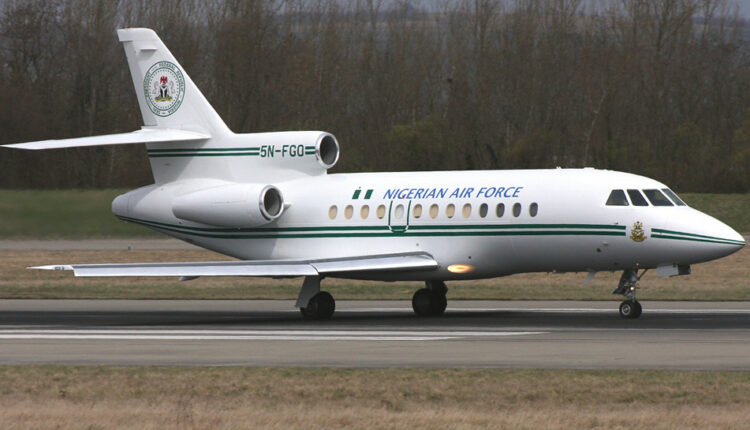Aircraft Used for Money Laundering, Drug Trafficking — Stakeholders
NCAA Lacks Monitoring Capacity, Conversion to Commercial Purposes Beyond Nigeria — Analysts
In Nigeria, the aviation industry is plagued by the pervasive influence of illegal charter jet operators, resulting in significant financial losses and safety concerns. These rogue entities exploit regulatory loopholes and evade oversight, engaging in illicit activities such as money laundering and drug trafficking, which endanger passengers and undermine the sector’s integrity.
The Nigeria Civil Aviation Authority (NCAA) loses at least $10 million (N15 billion) annually due to the activities of illegal charter operators. These operators not only sidestep regulations but also collude with corrupt officials to avoid detection and penalties.
The Ministerial Taskforce on Illegal Air Charter Operations, established by the Minister of Aviation and Aerospace Development, Mr. Festus Keyamo, revealed that the number of private business aircraft in Nigeria has surged from 44 in 2005 to 157 in 2024, a 357% increase in less than 20 years. The task force reported that many holders of Private Non-Commercial Flight (PNCF) licenses rent out their aircraft for commercial purposes, depriving legitimate air charter operators of business and revenue.
The NCAA has struggled to enforce PNCF conditions and monitor private jet owners effectively. An investigation uncovered that approximately 50 of the 62 private jets in the industry are used for illegal charter operations, with brands such as Embraer Legacy, Bombardier Challenger, and Gulfstream among the jets involved.
Stakeholders confirmed that illegal charter operators often evade taxes and insurance requirements, posing a risk to public safety. Capt. Ibrahim Mshelia, Chairman of West Link Airlines, emphasized the economic impact, noting that these practices lead to significant revenue loss for the government. He urged the NCAA to collaborate with the Department of State Services (DSS) to combat this economic sabotage.
Mr. Olumide Ohunayo, Director of Research at Zenith Travels, highlighted that the issue of converting private jets for commercial use extends beyond Nigeria, occurring in Europe and America as well. He stressed the importance of continued regulatory efforts and collaboration among agencies to ensure stability in the sector.
Grp. Capt. John Ojikutu, an aviation security expert, pointed out that many violators are politicians, political officeholders, or religious organizations, suggesting that some private jets might be involved in unauthorized commercial services to remain financially viable.
The NCAA’s recent suspension of three private jet owners for engaging in commercial operations in violation of their certificates reflects ongoing efforts to address this issue. However, sustained action and inter-agency cooperation are essential to uproot this network of deception and ensure accountability within Nigeria’s aviation industry.
